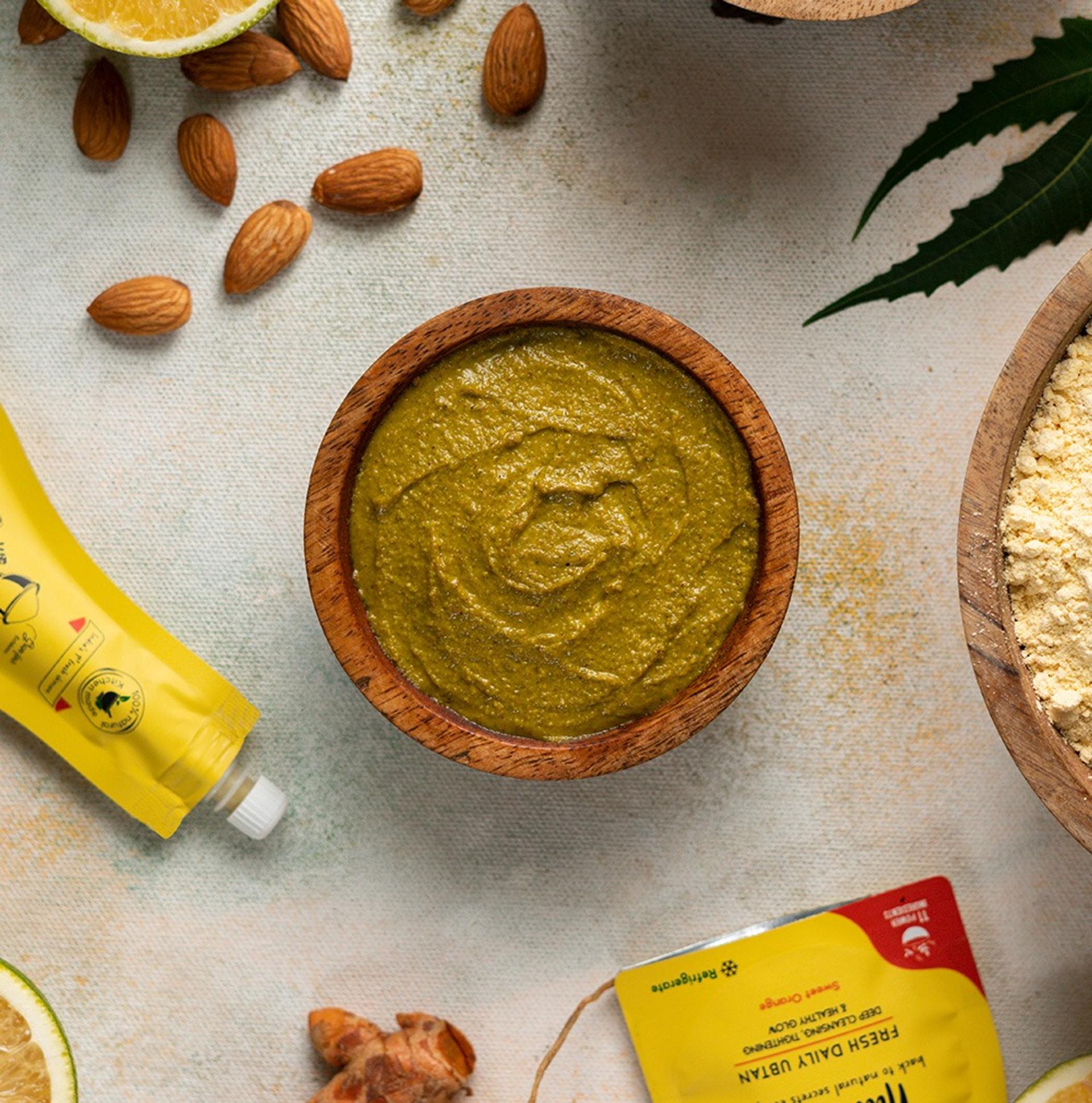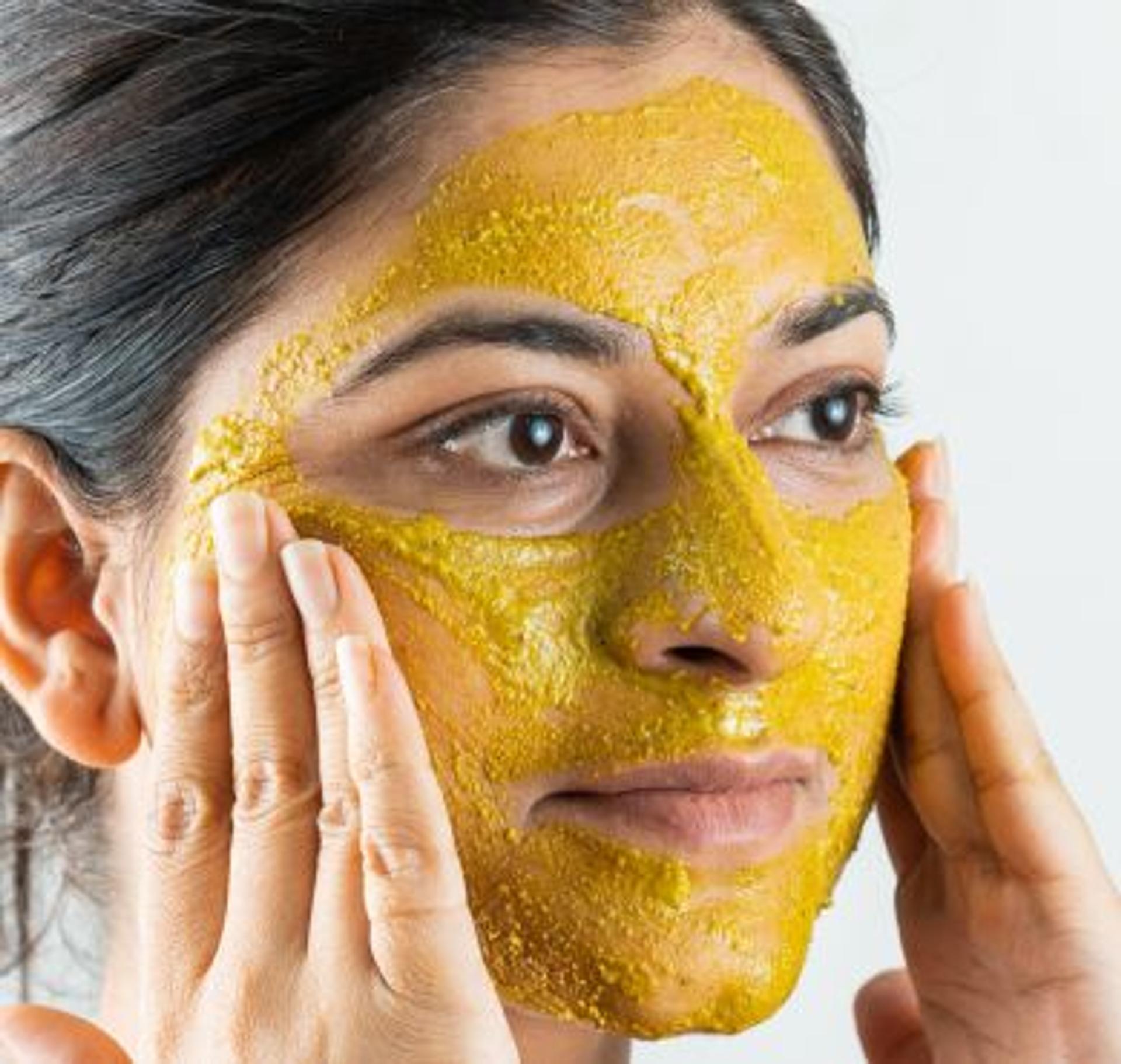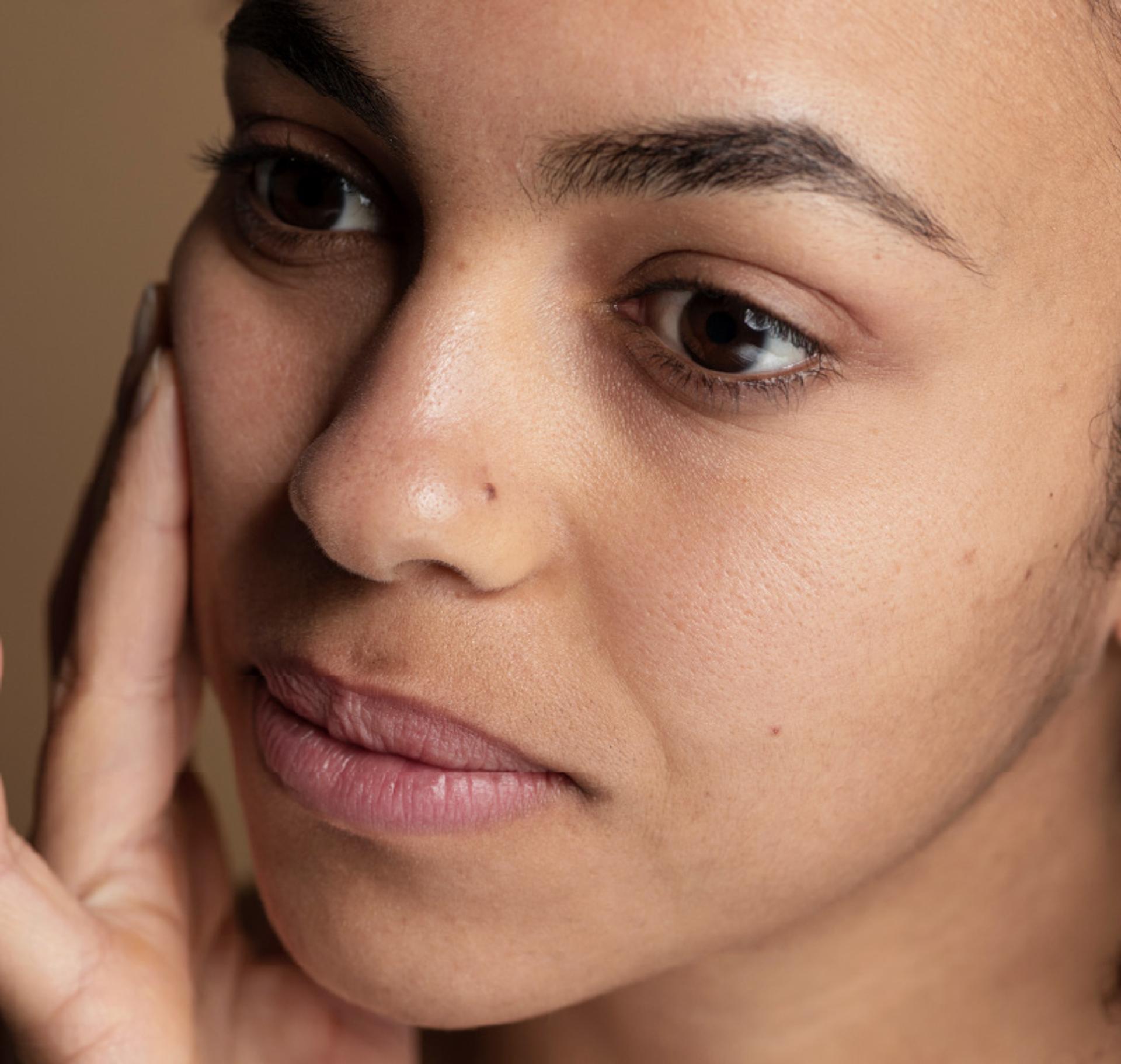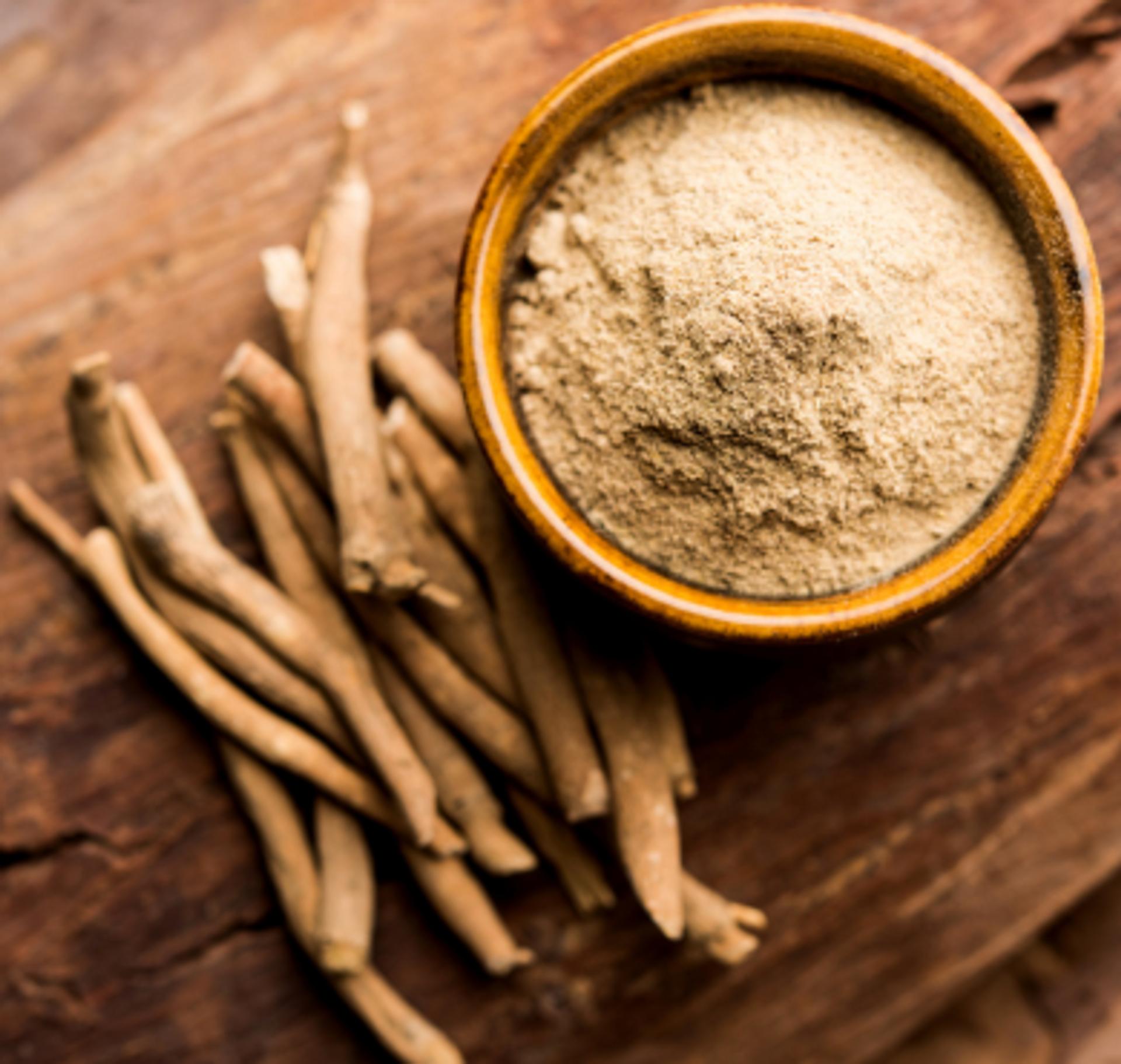
Ashwagandha: The Root of Inner Strength, Outer Calm
By Nat Habit
It might not win any fragrance contests, its name literally means “the smell of a horse.”
But this powerful Ayurvedic herb holds a reputation far more beautiful than its scent.
A name that evokes vitality, and a root that symbolizes resilience, Ashwagandha has quietly supported body, mind, and spirit for over 3,000 years.
Lately, it’s been making waves as a “natural adaptogen,” but its story runs deeper than modern trends. From balancing our stress hormones to nourishing our skin and hair, Ashwagandha is more than just a supplement—it’s a complete system of strength and restoration.
Let’s uncover the many faces of this mighty root.
First, What Exactly Is Ashwagandha?
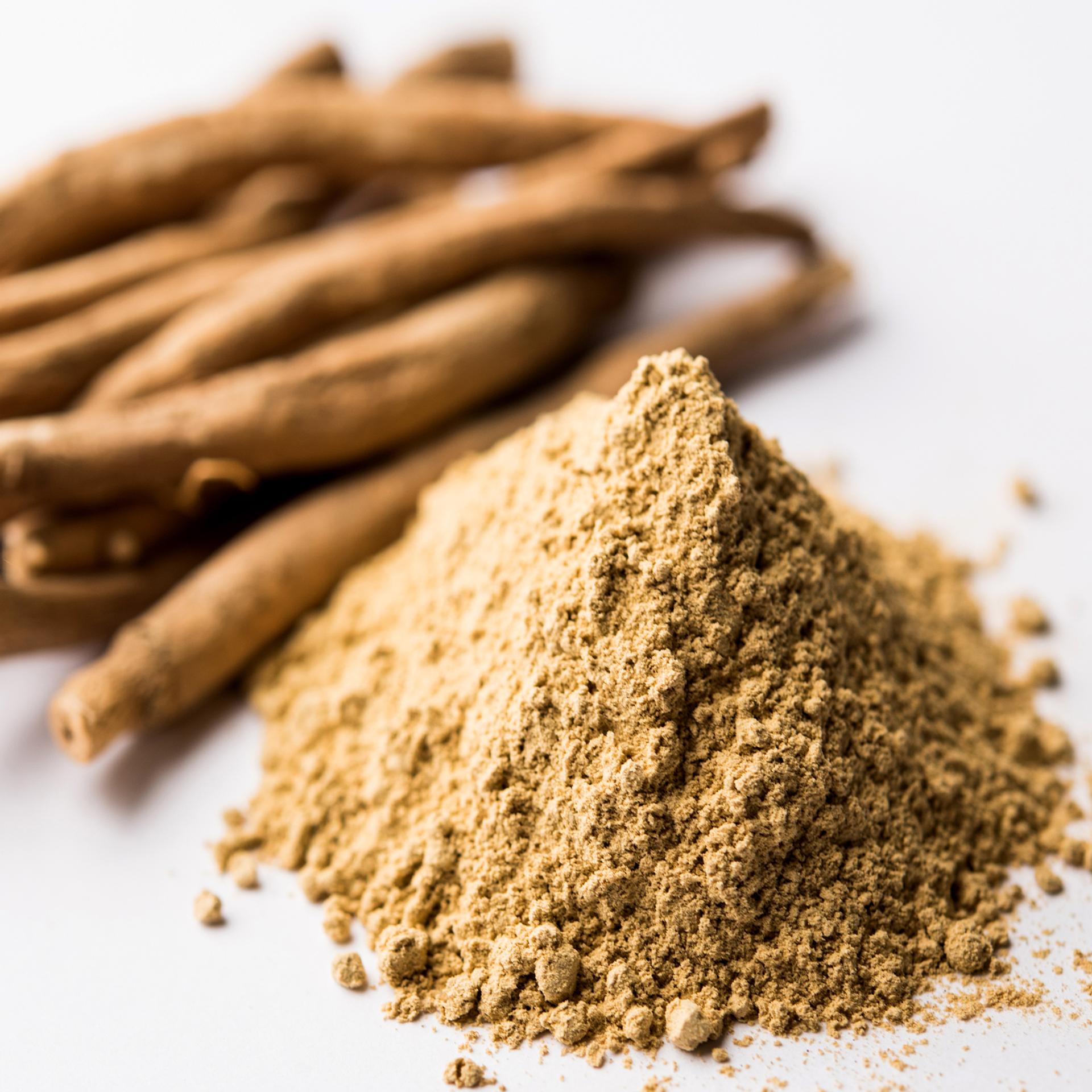
Ashwagandha (Withania somnifera) is a small woody shrub found in India. Its roots and leaves are the most commonly used parts in Ayurveda, although even its berries and seeds have uses.
In Sanskrit:
- Ashwa = horse
- Gandha = smell
Why this name? Because the root has a distinct earthy smell, and more importantly, because it’s said to impart the strength, stamina, and vitality of a horse.
Ashwagandha in Its Many Forms
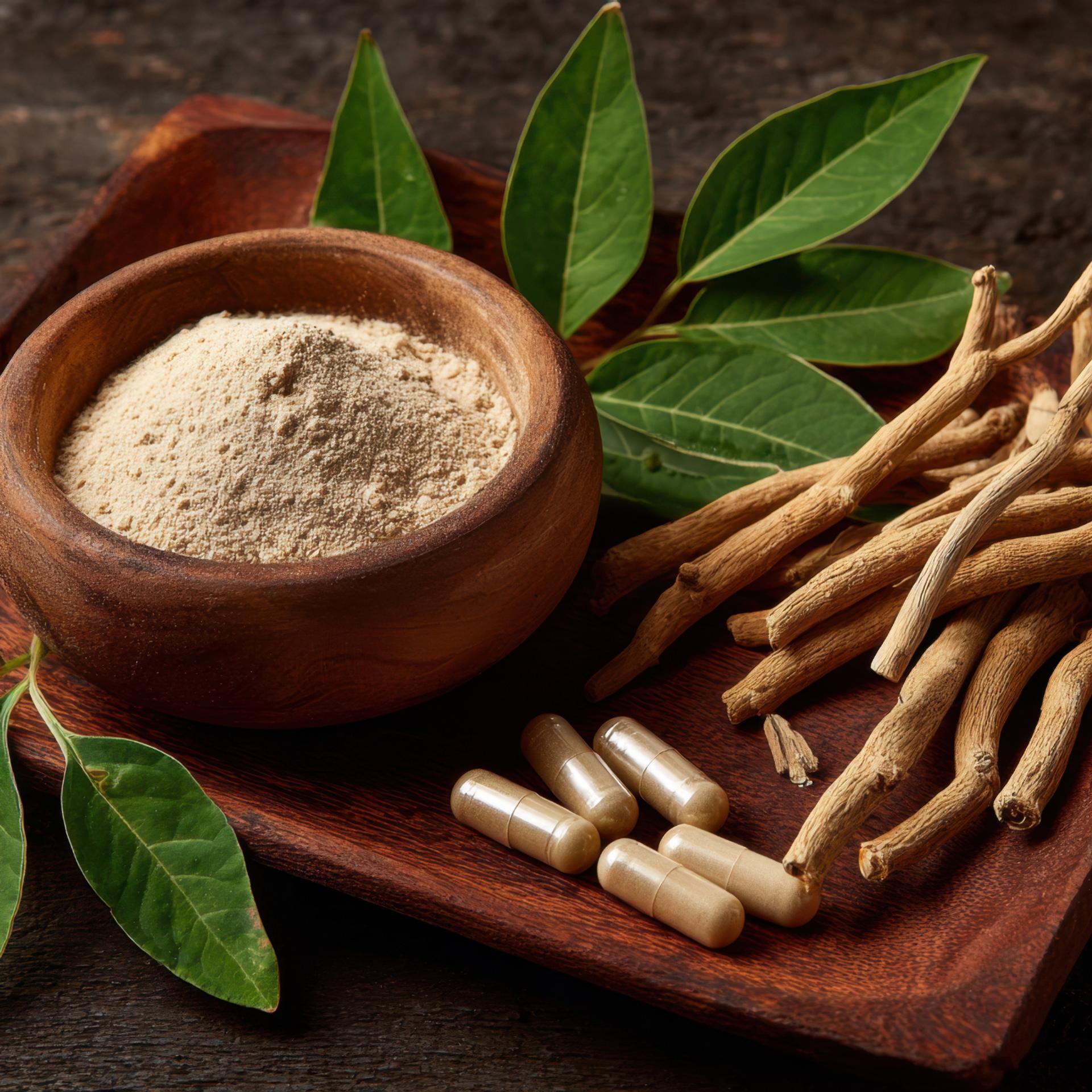
Ashwagandha doesn’t come in just one avatar. Based on its preparation, its benefits change and expand.
Ashwagandha Root Powder (Churna)
This is the traditional form—dried root ground into a fine powder.
- Taken with warm milk or ghee to promote vitality and sleep
- Mixed with honey or rose water for skin masks
- Can be steeped into teas or kadhas
Ashwagandha Capsules/Tablets
These are modern adaptogenic formats—ideal for daily stress management, hormonal balance, and energy.
Ashwagandha Extracts & Tinctures
Standardized extracts ensure a specific amount of withanolides (the active compounds), often used in clinical doses for anxiety, sleep disorders, and hormonal issues.
Ashwagandha Tea
Infusions made from the root (and sometimes leaves) offer a calming, grounding brew—good for winding down in the evening.
Ashwagandha Oil (Bala Ashwagandha Taila)
Infused into sesame or coconut oil, this is used for abhyanga (Ayurvedic self-massage), helping nourish nerves, joints, muscles, and even hair.
But Did You Know?
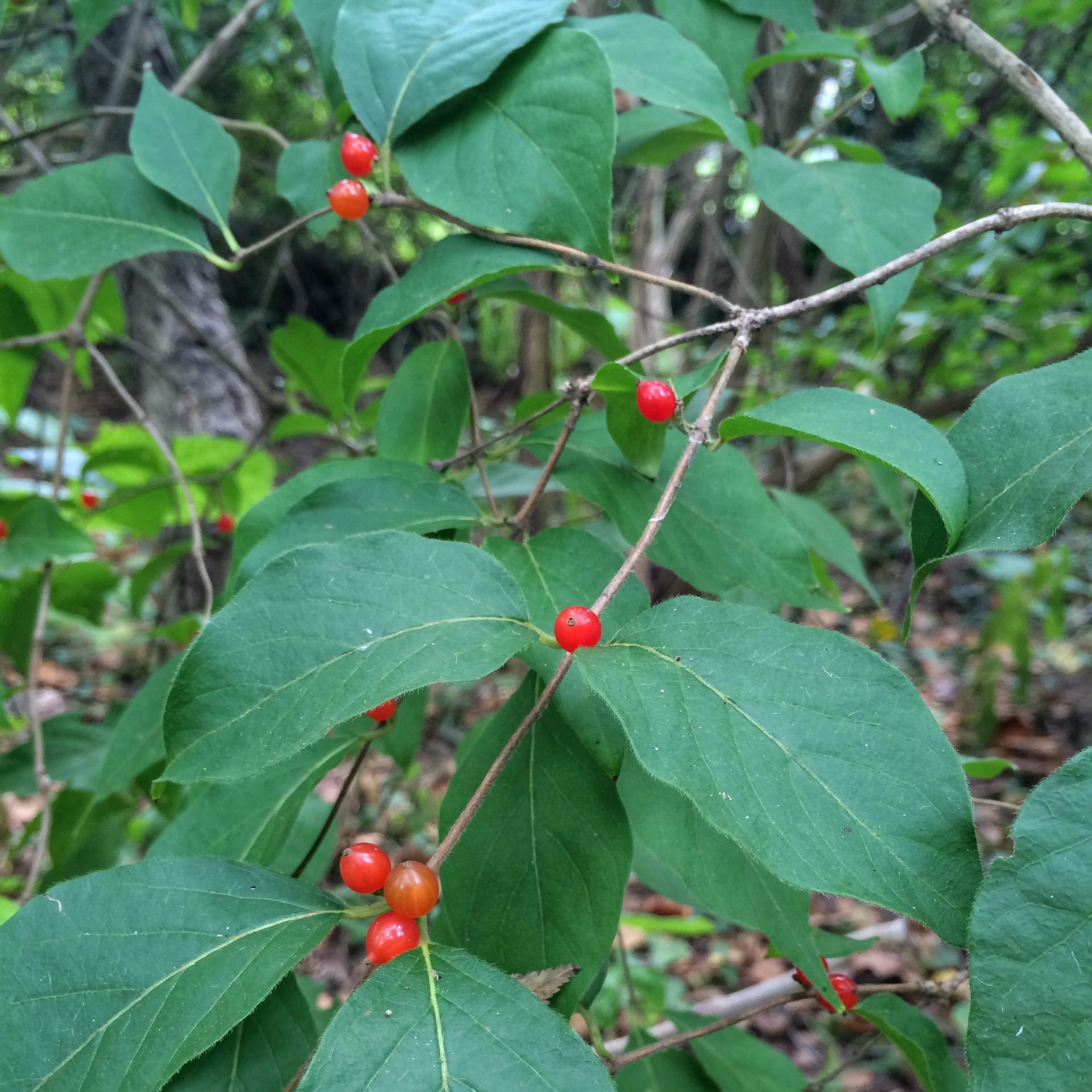
Yes, the root is the star—but the rest of the Ashwagandha plant isn’t silent.
- Leaves: Bitter in taste, yet potent. Used in infusions and poultices for wound healing, fever, and detoxification
- Berries (Red Berries): Traditionally used to coagulate milk and in some external Ayurvedic remedies
- Seeds: Have mild antimicrobial and aphrodisiac properties; occasionally used in formulations
Each part of the plant is considered “rasayana” in Ayurveda—meaning it rejuvenates and restores the body at a deep tissue level.
Ashwagandha for Body, Mind, Hair, and Skin
Mind & Mood

- Adaptogen at Heart: Ashwagandha modulates the body’s response to stress by regulating cortisol levels.
- Supports Sleep: Its Latin name somnifera means “sleep-inducing”—it calms overworked nerves.
- Sharpens Focus: Enhances memory, cognition, and even reaction time with regular use.
Fact: Clinical studies show Ashwagandha can reduce anxiety levels significantly—comparable to pharmaceutical anti-anxiety drugs in mild to moderate cases.
Body & Immunity

- Strengthens Muscles & Endurance: Traditionally given to post-illness patients and athletes to rebuild tissue.
- Balances Hormones: Especially effective in managing thyroid and adrenal fatigue
- Boosts Immunity: Withanolides act as natural immunomodulators
Usage Tip: Ashwagandha powder mixed with ghee and jaggery is a classic rejuvenating tonic in winters.
Skin & Glow

- Fights Stress-Driven Skin Issues: Chronic stress leads to dullness, premature aging, and inflammation. Ashwagandha neutralizes that from the inside.
- Stimulates Collagen Production: Its antioxidants and alkaloids promote firmness and elasticity
- Reduces Hyperpigmentation: When applied topically, it can lighten dark spots and calm reactive skin
DIY Glow Mask: Mix Ashwagandha powder with rose water and a dash of turmeric. Apply, leave for 10 minutes, rinse. Great for tired, uneven skin.
Hair Health & Hormonal Balance
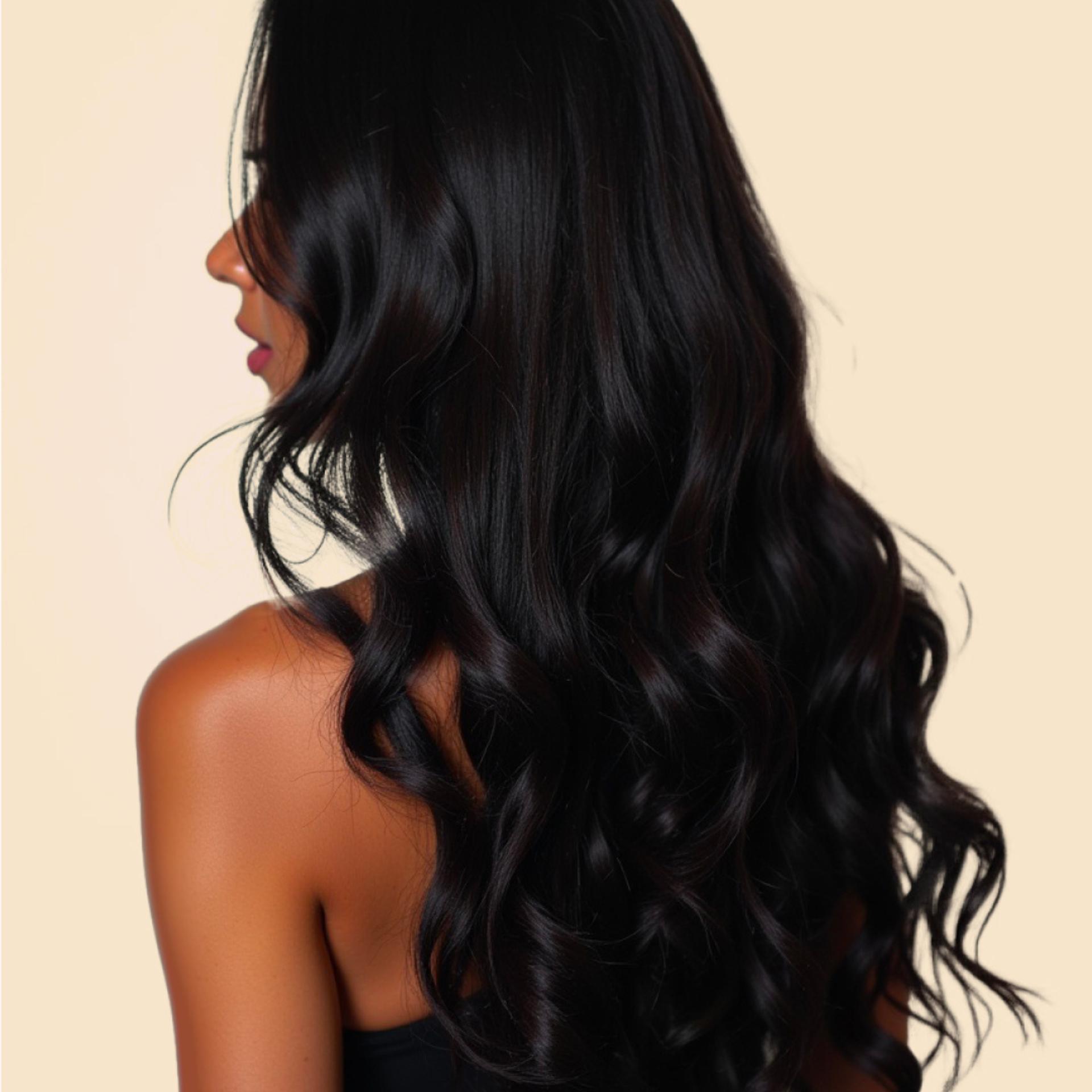
- Reduces Cortisol-Driven Hair Fall: One of the biggest causes of hair loss today is stress. Ashwagandha tackles this at the root.
- Improves Scalp Circulation: Infused oil helps oxygenate follicles and reduce dandruff
- Supports Hormonal Balance: Especially useful for postpartum or PCOS-related hair loss
Pro Tip: Use Ashwagandha-infused oil once a week, combined with bhringraj or jatamansi, for stronger roots and thicker strands.
In Conclusion
The Ancient Root of Modern Balance
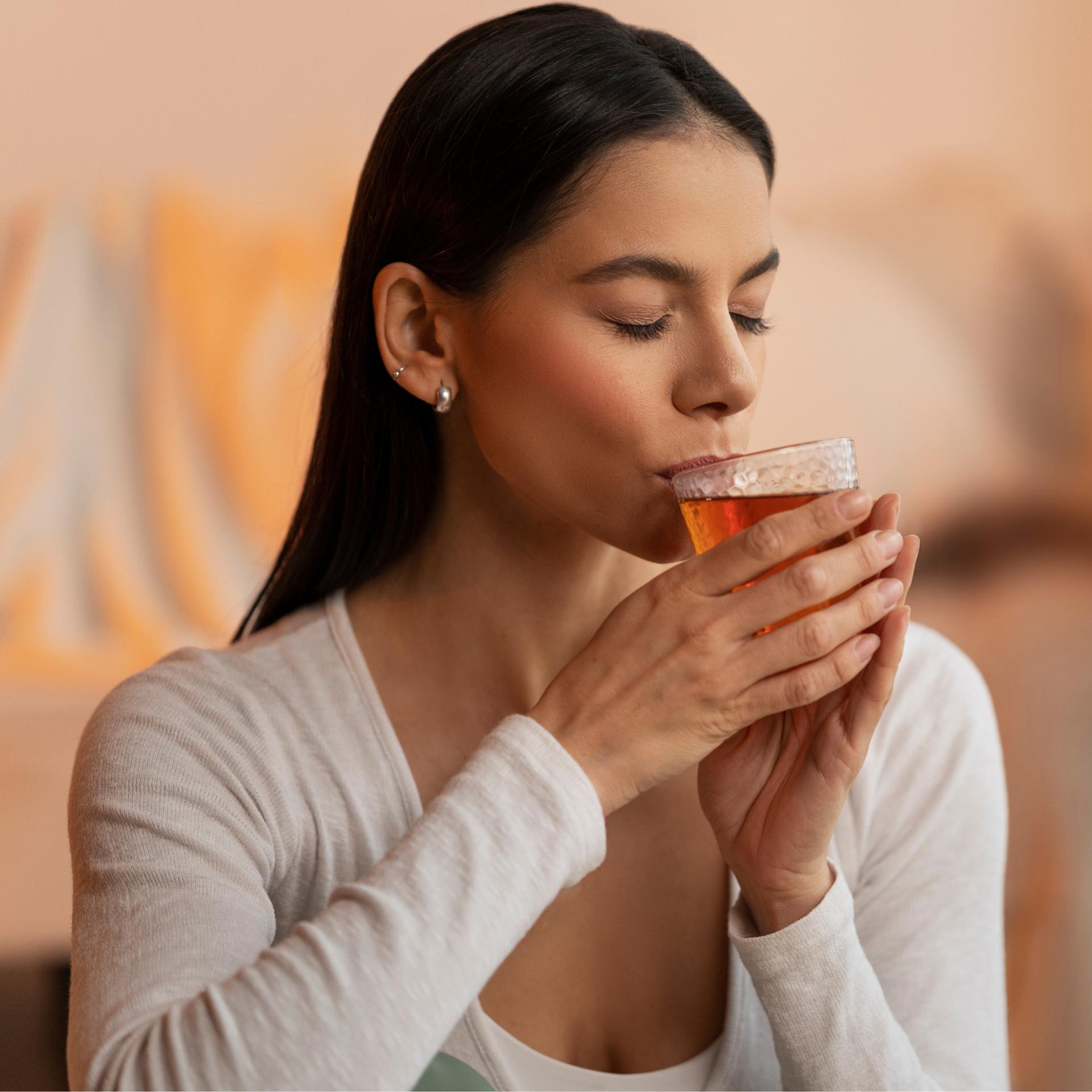
Ashwagandha might smell earthy. It might look humble. But inside, it holds centuries of wisdom—rooted in the rhythms of our bodies and the resilience of nature.
It is not a quick fix, but a slow, deep restoration agent—working silently to bring the body back to balance, the mind to calm, the hair to strength, and the skin to serenity.
So whether you take it in a capsule or mix it into a calming tea, apply it on your face or massage it into your scalp—Ashwagandha knows exactly how to adapt to what you need.
That’s the real magic.
Learn more
